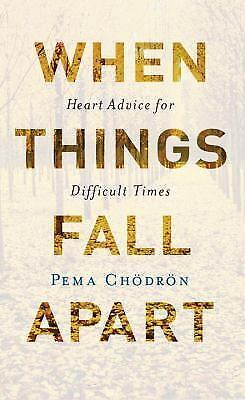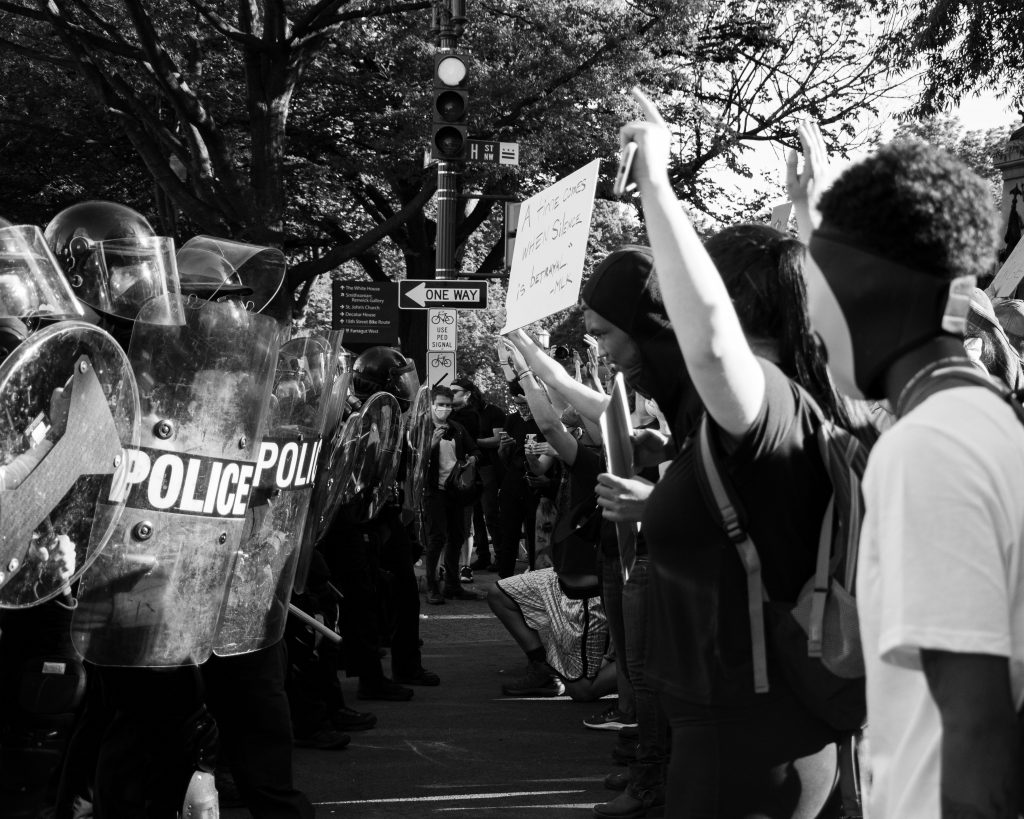When the COVID-19 pandemic locked us in our houses, I, like many others, took to Instagram to offer literary recommendations. My list included Stephen King’s The Stand (okay, maybe unironically), some of Elena Ferrante’s Neapolitan Quartet, and Pema Chӧdrӧn’s When Things Fall Apart, amongst others.
The moment offered a glimpse of hope, or, maybe more accurately, one of vindication. I graduated with a degree in English Literature at a time when the societal dust of the 2008 collapse was settling. Jobs were scarce for millennials across every field, and even more unavailable for fresh-faced graduates wanting to pursue liberal arts careers. In modern, financially secure societies, the flourishing of these professions demonstrates a robust and thoughtful hum of citizens. In the U.S., they were the first to get the axe.

After graduation, I begged my way to an underpaid job at a law firm while I applied to graduate PhD programs in (what else?) English Literature. I accepted a funded MA offer from the University of Maryland, College Park. I taught Academic Writing and Film Studies to undergraduates while taking critical theory seminars. The innate stress of grad school helped tune out the depressing dirge that was the state of higher education. After our last seminar of the week ended, my comrades and I still had enduring conversations, drinking $1.50 beers at the grimy D.C. dive bars while sparring over that week’s reading. We were too tipsy from cheap beer to know what arguments we were making, but we loved it anyways.
I graduated with my M.A. two years later and left graduate school with relief, but with a darkening cloud of despair about academia and the professional livelihood of the humanities. In non-academic life, I turned to freelance, picking up copy editing jobs wherever I could. It paid better than the classes I taught in grad school – terrible, but enough to keep me afloat.
To a certain degree, reading is a solo act; it’s an intimate interaction with a text. It’s also a communal act: Any constant reader would agree that there’s comfort in knowing that others are participating in the same movements, the same digestion of another world. The very reason that people cite wanting to have an “actual book” – the feel of “turning the page” – is indicative of how a story takes shape in our minds. Or, perhaps more hopefully, how our minds can be changed on the other end of a narrative.
Even as a self-described defensive pessimist, the COVID-19 pandemic gave me some shapeless optimism: Our society would have nothing else to do, it seemed, then to start reading again. At some point, the Netflix and Hulu shows would lose their newness. Sourdough starters would lose their bubbles. Friends texted me for my reading list. Should we start a virtual book club? they asked. Maybe we should read books about what makes us happier? Somehow, we’d all become depressed within the first six days of quarantine.
I received those messages with enthusiasm, but I was hesitant to see the results. Literature gives us a clarifying glimpse into another world; reading proxies an unknown narrative, one that’s inhabited, felt, and etched into our fabric. When would my friends’ intentions stray from the difficulty of the experience?
When we read, we devote ourselves, entirely, to what’s being told, and in a way, instructed. The act of reading is one of blind faith, as we make space in our consciousness, our attention span for that which resides outside our weltanschauung: the German word for one’s way of seeing and understanding the world, while also living in it.

Films do this as well, but the optics change when it comes to reading. With a film, we see an image, and we intake its form for a whole truth versus our mind’s interpretation. Reading a text, meanwhile, is a prolonged investment. The unraveling of a book’s algorithm – the depths to which it reaches – is the clock on the wall, ticking assiduously. A plot’s metronome beats at a tempo, bringing us to a dénouement that, welcome or not, arrives either way. Maybe it’s symptomatic of our current history, which can feel vastly overwhelming and uncharted. Then again, maybe I’m just being pessimistic.
Not only did the COVID-19 pandemic reinvigorate the act of reading (for fun!), it set the stage for reading about a new civil movement in American history. Yet another horrendous string of police killing Black men and women without retribution in recent months fueled an invigorated outrage across the country: Black Lives Matter protests have grasped urban and small-town streets, and show no sign of stopping. “Defund the police” is the summer’s clarion call, and Juneteenth is an official holiday amongst a growing number of publicly traded companies. This is not a static moment. The public protests and uproar have resulted in some of the most indefatigable and progressive results the country has witnessed in the past 50 years.
We’re witnessing a rare scenario in modern history: Americans reading about a problem they’ve feverishly denied and are now, somehow, actively trying to solve.
People are still taking to the streets, but others are also taking their task, literally, to the books. The Top Ten Bestsellers list on the New York Times has subsisted of anti-racist literature – which, judiciously so – are written by people (notably, women) of color. We’re witnessing a rare scenario in modern history: Americans reading about a problem they’ve feverishly denied and are now, somehow, actively trying to solve.
The levers of change are shifting, exhuming new methods of toppling – like colonialist and slave-holding statues – old ways of thinking. In 1965, James Baldwin wrote, “You think your pain and your heartbreak are unprecedented in the history of the world, but then you read. It was books that taught me that the things that tormented me most were the very things that connected me with all the people who were alive, who had ever been alive.”
After the ceremonies of education, no one receives a high pass for reading; there are no stars claimed, no gratuitous ceremonies held. Reading, then, is the doing: the necessary work that needs to be done without social congratulations. This makes the process of unlearning – as some Americans are doing now – a consciously teachable moment.
Recently, I was discussing Dave Chapelle’s “8:46” with a colleague, noting that Chapelle’s raw anger was cathartic. My colleague responded by saying, “Yes, but the maddening fact is that we need to be cathartic on the issue.” It sometimes feels more than maddening. Maybe that’s the catharsis of reading, to a degree. Once we close our books for the night, perhaps we can find some small consolation, some love, that exists in being a lifelong student. That love may slumber deeply, and, yes, maddeningly, at times. But, it’s there: It exists. Let it awake.
TAKE ACTION: Not sure where to start? Here’s anti-racist educator Ibram X. Kendi’s recommended reading. Visit your local bookstore. Please – even if it must be an online visit. Check out staff recommendations, but also offer yourself up as an experiment by telling an employee you would like to expand past Noam Chomsky…or Stephenie Meyer. In the District, Capitol Hill Books will create a grab bag based on your tastes. It’s amazing.


